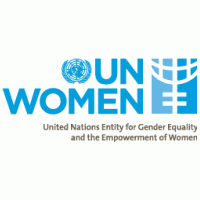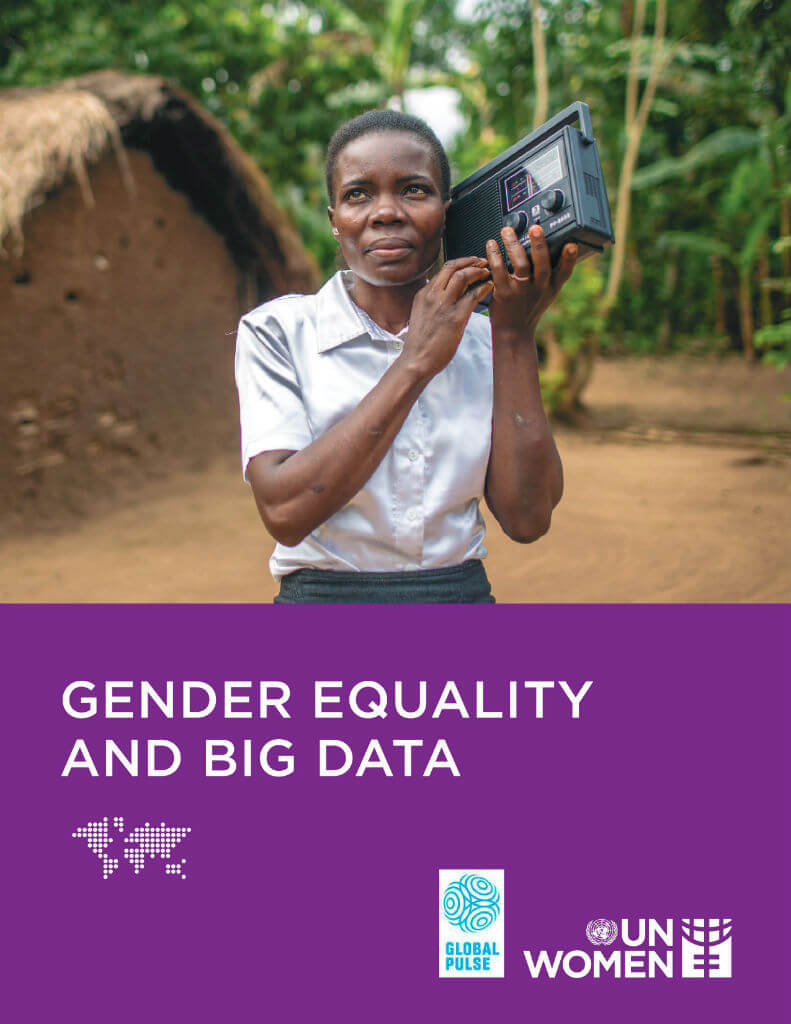UN Women is the United Nations entity dedicated to gender equality and the empowerment of women. A global champion for women and girls, UN Women was established to accelerate progress on meeting their needs worldwide.
UN Women supports UN Member States as they set global standards for achieving gender equality, and works with governments and civil society to design laws, policies, programmes and services needed to ensure that the standards are effectively implemented and truly benefit women and girls worldwide. It works globally to make the vision of the Sustainable Development Goals a reality for women and girls and stands behind women’s equal participation in all aspects of life, focusing on four strategic priorities:
- Women lead, participate in and benefit equally from governance systems
- Women have income security, decent work and economic autonomy
- All women and girls live a life free from all forms of violence
- Women and girls contribute to and have greater influence in building sustainable peace and resilience, and benefit equally from the prevention of natural disasters and conflicts and humanitarian action
UN Women also coordinates and promotes the UN system’s work in advancing gender equality, and in all deliberations and agreements linked to the 2030 Agenda. The entity works to position gender equality as fundamental to the Sustainable Development Goals, and a more inclusive world.
Members:
Resources
Displaying 1 - 5 of 15Getting it right from planning to reporting: A guidance tool for women’s land rights data and statistics
To ensure a better and more sustainable future for all, the 2030 Agenda for Sustainable Development (“the 2030 Agenda”) has identified 17 Sustainable Development Goals (SDGs) to be achieved by 2030. SDGs range from poverty eradication, zero hunger, decent work and reduced inequalities to quality education, clean water and sanitation, and gender equality, only to name some of them.
Gender equality and big data
This report outlines the value of big data (organic, unstructured data) for monitoring the Sustainable Development Goals (SDGs) in relation to women. Research methods included a landscape review, interviews with UN Women and UN Global Pulse experts, and others in international development.



